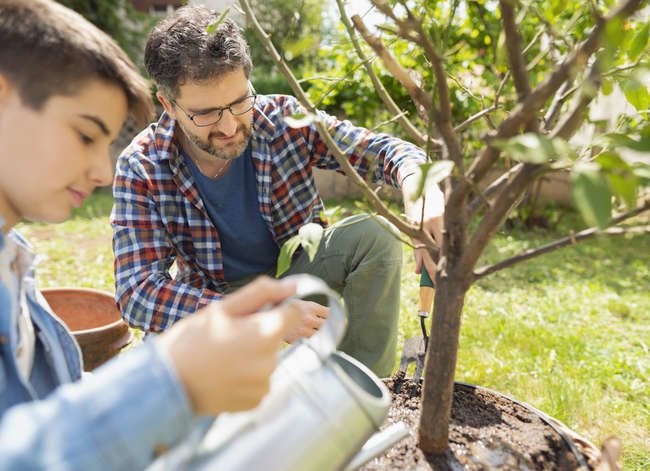

We may earn revenue from the products available on this page and participate in affiliate programs. Learn More ›
Home Advice You Can Trust
Tips, tricks & ideas for a better home and yard, delivered to your inbox daily.
Simple, Sustainable Ideas
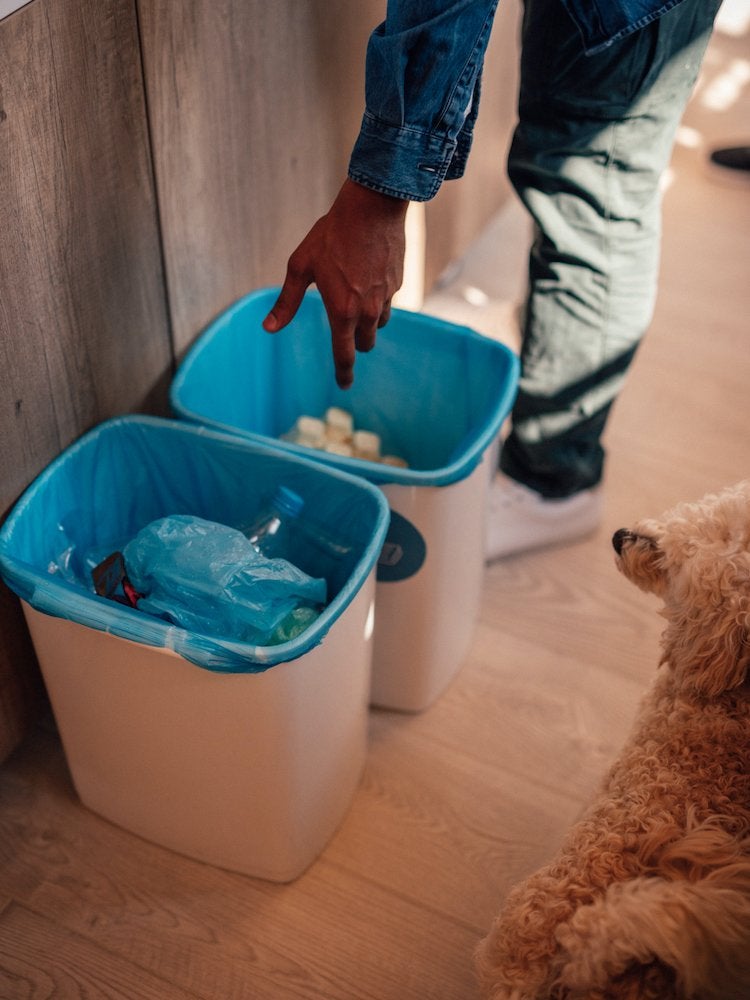
Supporting the Earth isn’t just a one day thing; we need to make conscious efforts to treat the planet better every day. Luckily, living an eco-friendly lifestyle isn’t hard or expensive (in fact, you can save money with these ideas). Follow these 20 tips for easy ways you can adjust habits, reuse items, and reduce consumption and waste.
Repurpose old items
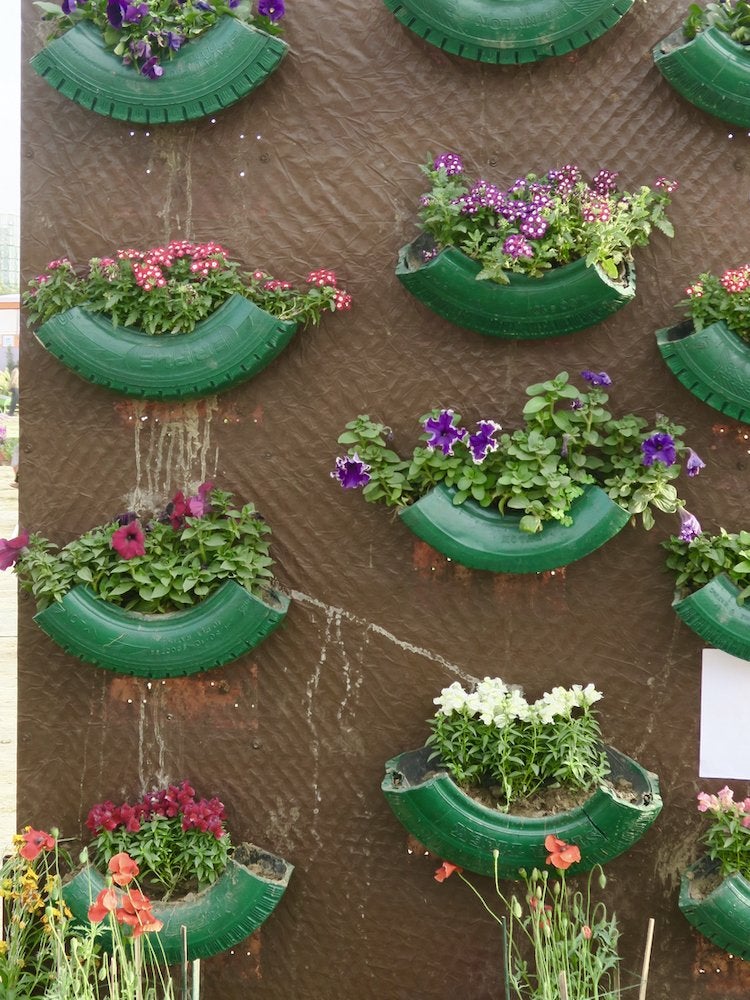
Why spend time, money, and natural resources to redecorate, when you can repurpose what you already own? Everything from books, sweaters, old appliances, and more ordinary household items can live second lives in your home. And if you can’t repurpose something, dispose of it responsibly!
Make your own cleaners
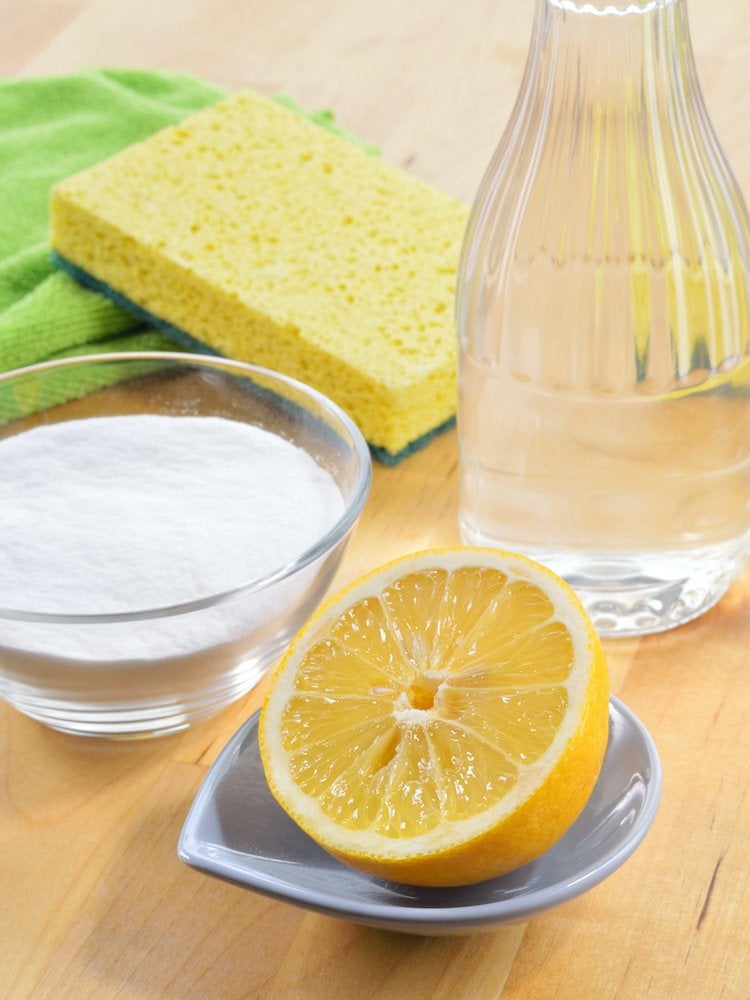
Pass on the harmful cleaning products loaded with chemicals and artificial fragrances; these ingredients hurt the planet and our health. Rather, open up your pantry to find natural alternatives that get the job done just as well. Baking soda, lemons, and vinegar are just a handful of examples of the natural cleaners you most likely already own that can make all corners of your house sparkle.
Lower the Temps
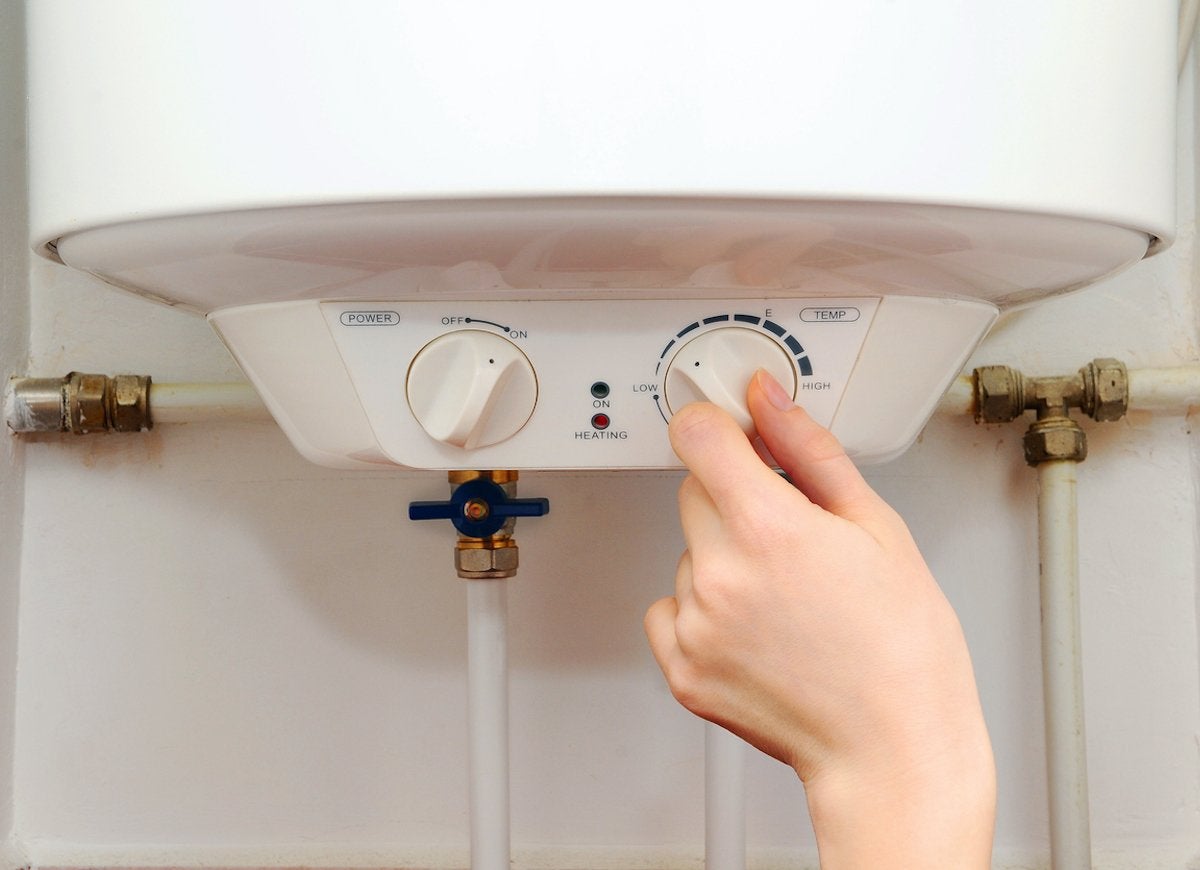
Lowering the thermostat setting on your
water heater is an easy way to save energy, and thus money. While many water heaters are set at 140ºF, you can safely adjust the temperature to 120ºF. This can result in energy savings of 4-22% annually.
Pass on plastic

If you haven’t yet, swap single-use items for their reusable counterparts. You don’t have to live an entirely zero-waste life, but there are plenty of disposable items that you use every day that you can replace with sustainable versions, such as coffee pods, grocery bags, dryer balls, and so on.
Become a fan of fans

Air conditioning accounts for about 12% of a home’s electricity costs. Before you crank it up this summer, first try a little old-fashioned ventilation. Just keeping air moving can make your home feel much cooler. And come the winter months, reverse the ceiling fan to produce an updraft, forcing warm air from the ceiling down.
Shop for Energy Star
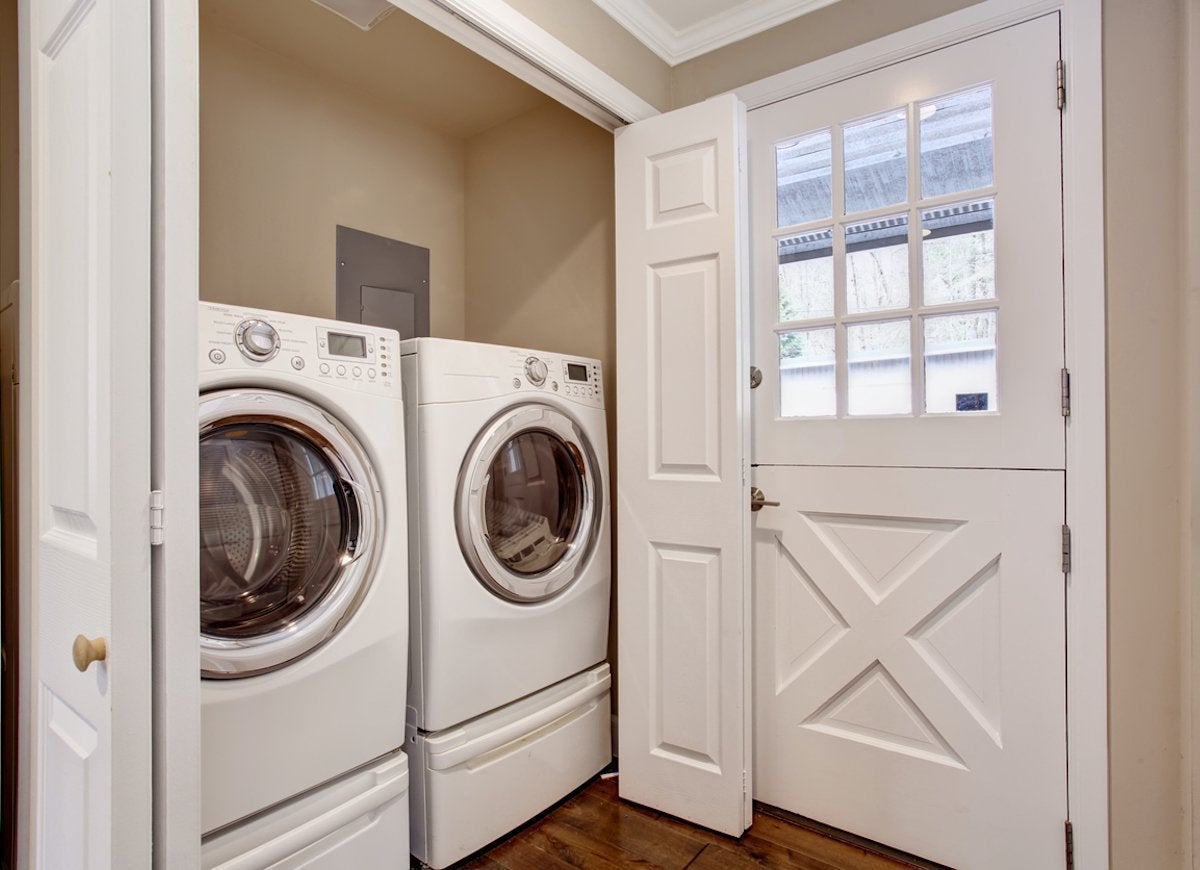
When your old dryer or dishwasher or any other major appliance conks out, make sure you replace it with an ENERGY STAR-certified one. This government-backed certification identifies products that are energy efficient and save you money on energy costs.
Try natural pest repellent
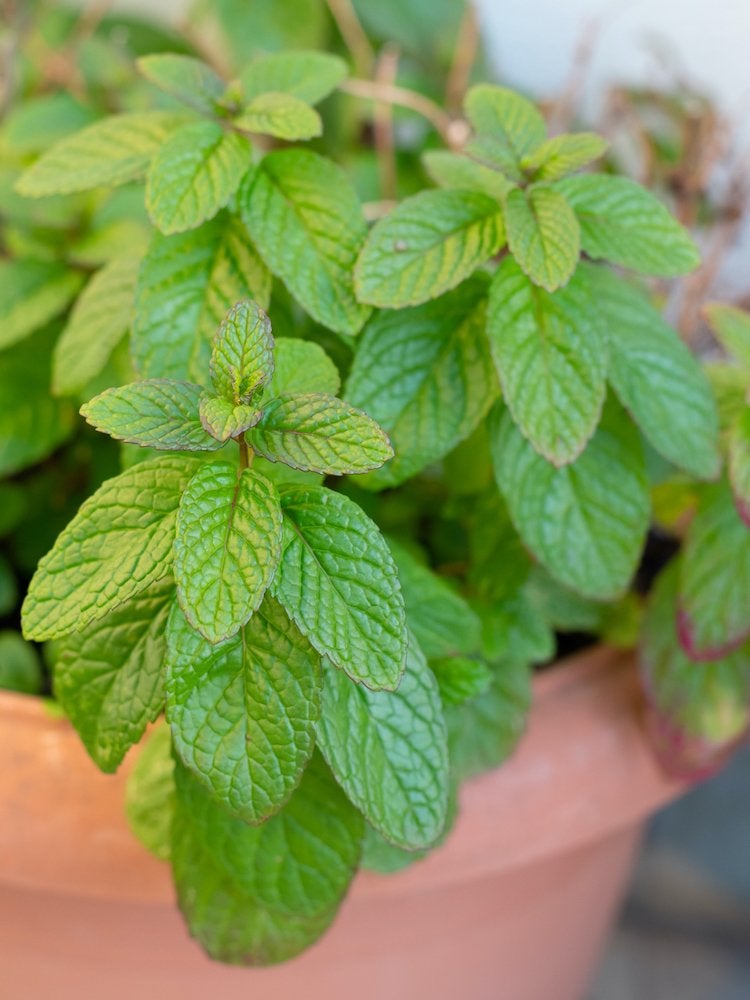
Why pay an exterminator hundreds of dollars to douse dangerous poisons, when myriad natural, non-toxic, economically priced solutions are at our disposal? You can create your own natural pesticides solutions with everything from peppermint to Tabasco sauce.
Get an energy audit
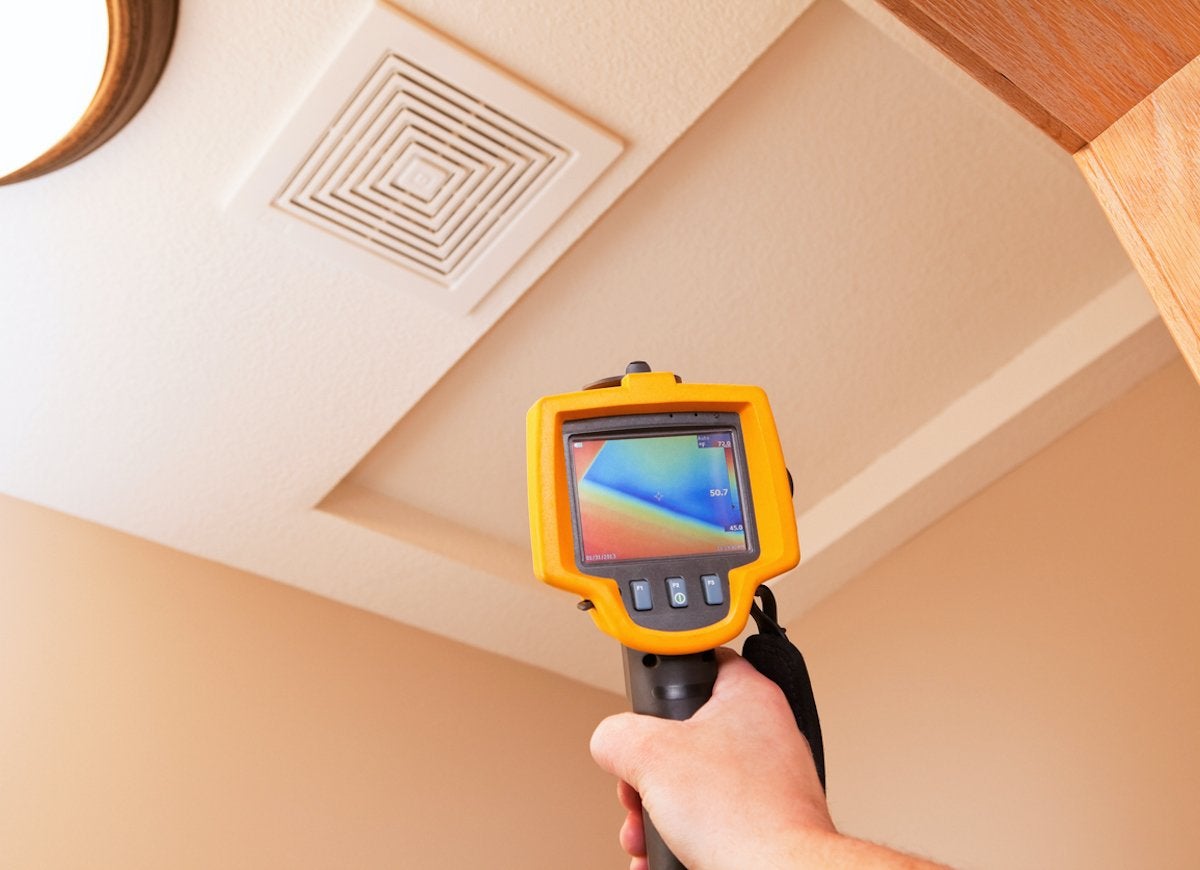
Before you consider changes to your home’s energy-consuming devices and systems, complete an energy audit. You might be able to get a free one from your local utility company. Otherwise, locate an accredited contractor.
Vow to bike

Of course, you can turn that old bicycle into a garden planter (yes, it can be done), but where the environment is concerned, it would be better if you were to use that two-wheeler for transportation. If your town is fit for riding, vow to ride your bike to work at least one day a mont or use the bike instead of your car to run errands over the weekend. You’ll save gas, get a little exercise, and reduce your carbon footprint.
Put the sprinkler on a timer
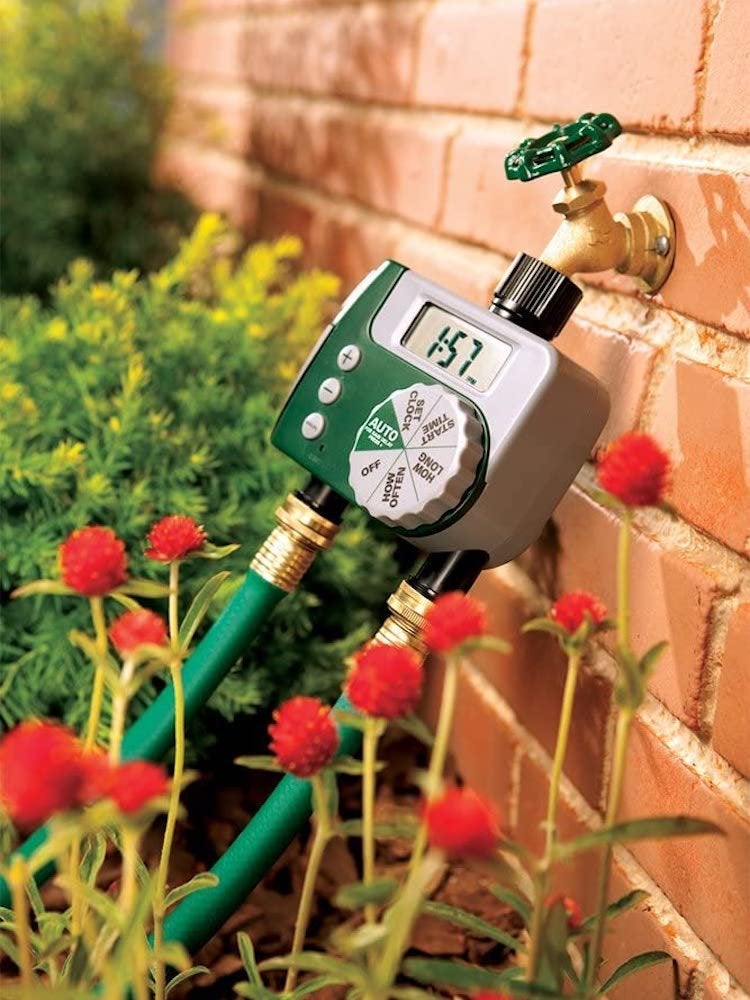
You don’t have to let your grass go yellow, but avoid keeping the sprinkler on for too long. Figure out how long you need to water the lawn and then set a timer on your phone or install a hose timer (like this one from Amazon), so you don’t overdo it.
Plant a tree
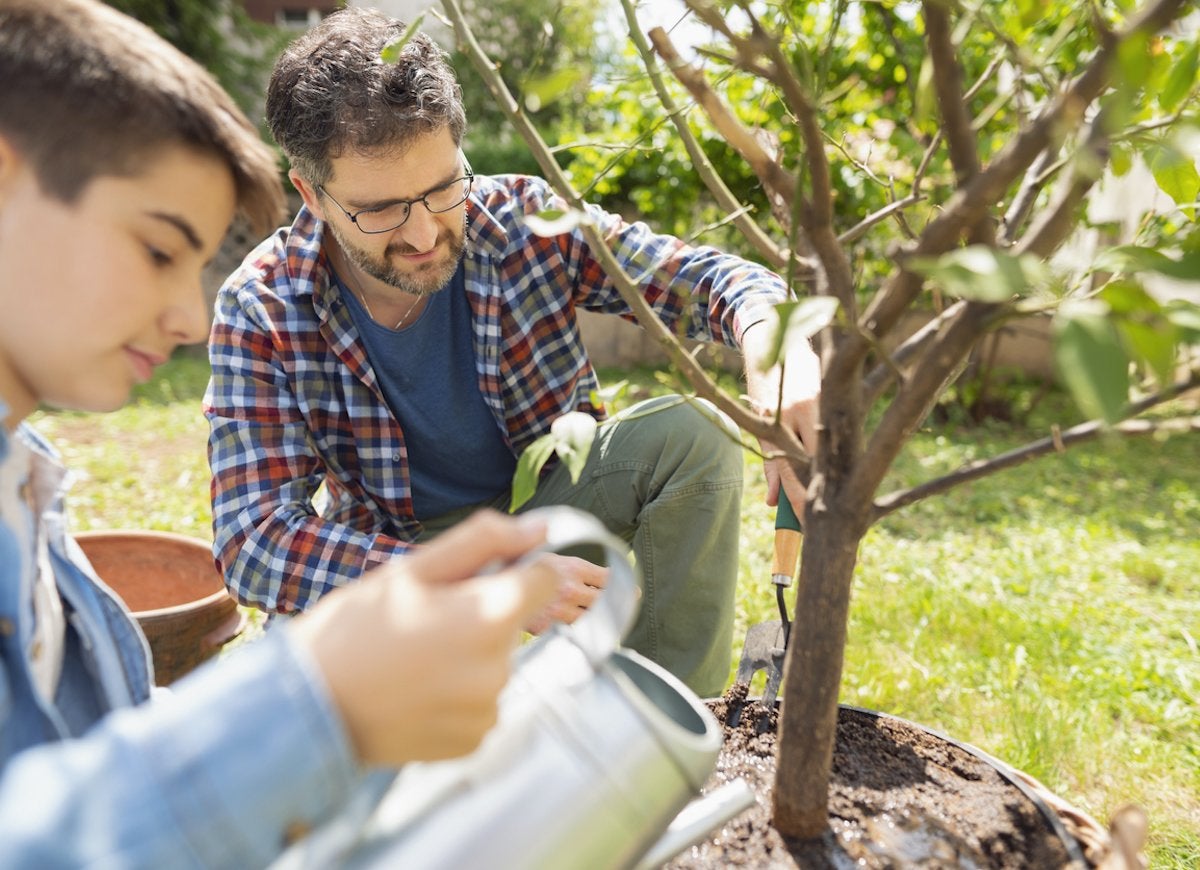
There’s no better way to give back to Mother Earth than planting a tree. No room for a tree? Donate to an organization that plants trees, like the Arbor Day Foundation, which plants trees in America’s National Forests. Indoors, improve air quality and your overall mood with easy-to-care houseplants.
Go solar
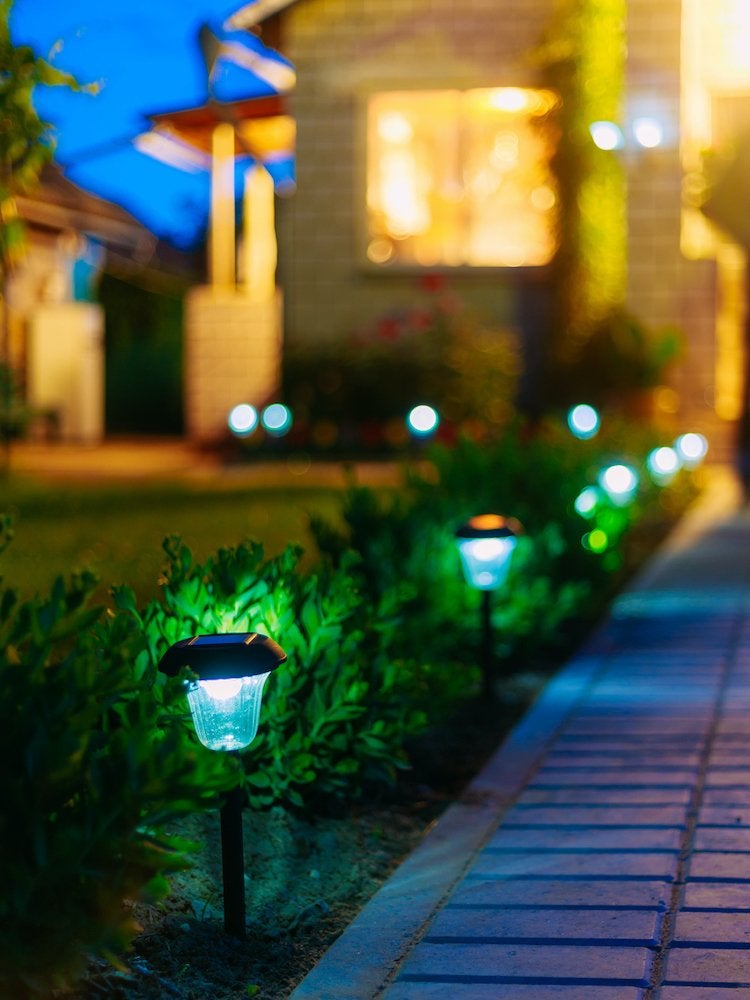
Create a glowing ambiance outside without using electricity. Solar power path lights are attractive, affordable, and easy to install on your own.
Replace a light bulb
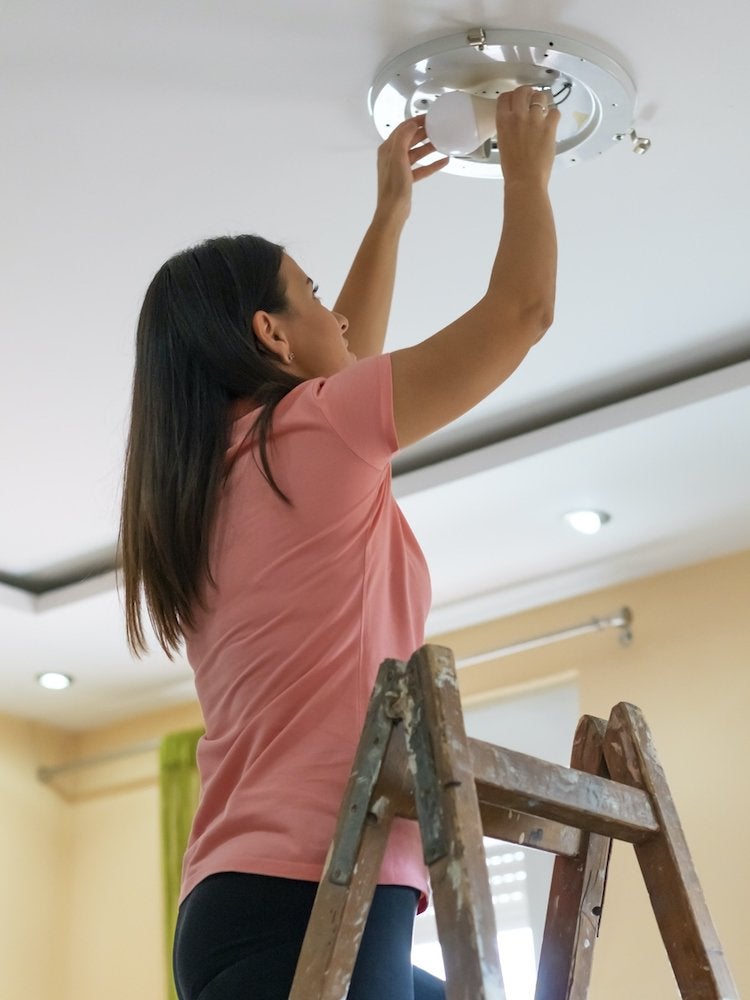
You’ve heard it before, but choosing light-emitting diode bulbs (LEDs) is an easy and cost-effective change, one that really makes a difference. When a bulb goes out, replace it with an LED one. And for outdoor lighting choose dusk to dawn bulbs, like the GE LED+ versions on Amazon, which automatically turn on and off with daylight.
Upgrade your thermostat
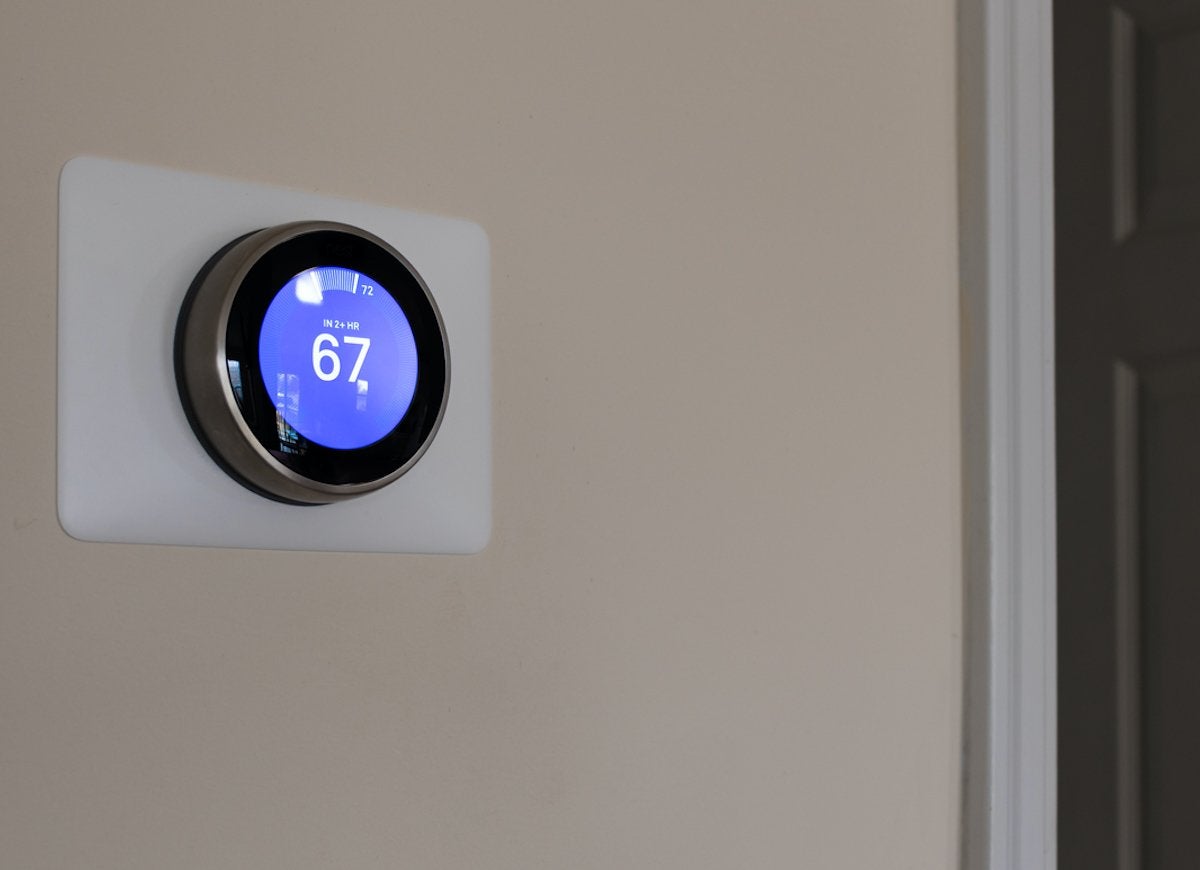
Still using a mercury thermostat? Replace it with a programmable model. After the initial $100 investment, you can see payback within a matter of a few months, and over the lifetime of the product, you’re likely to save thousands.
Start composting
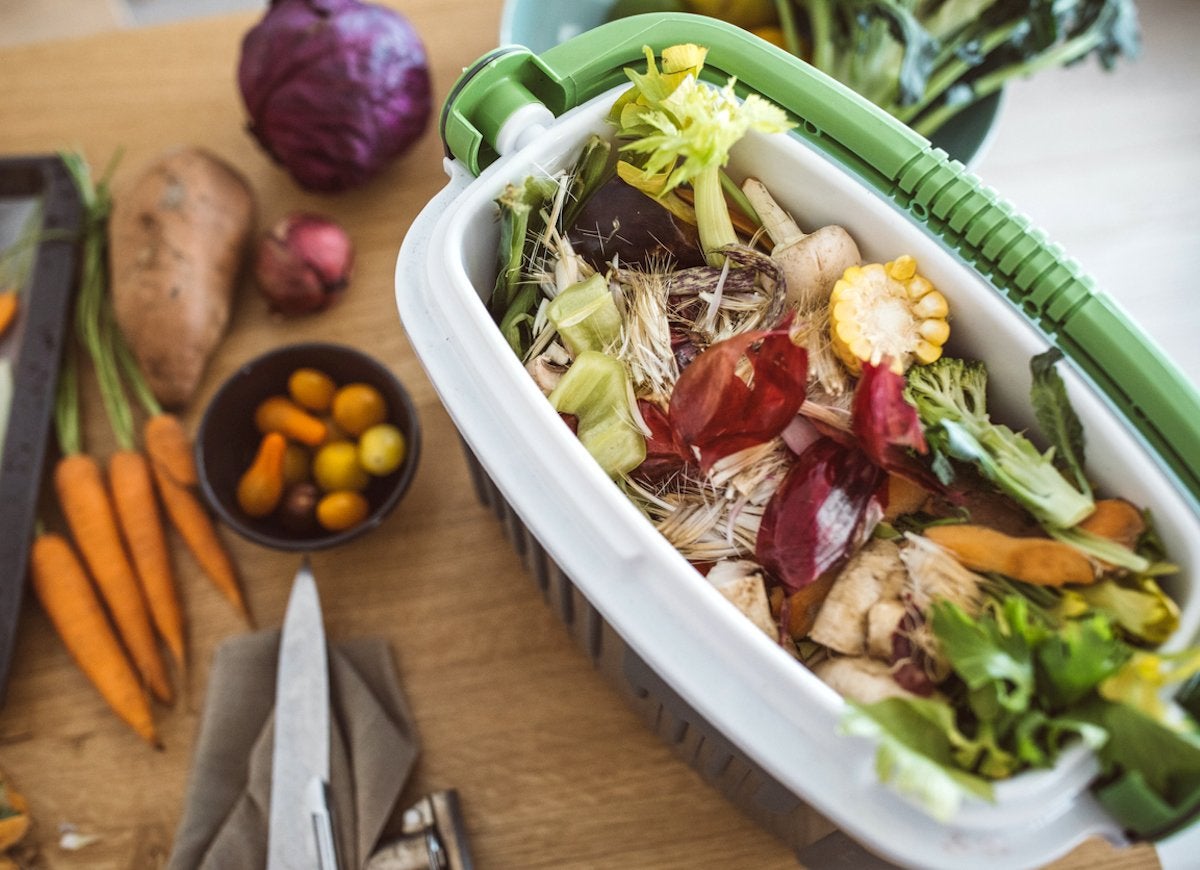
Composting keeps organic waste out of landfills and helps your garden thrive in ways that even fertilizer cannot match. Find the right bin for you to get started on this easy eco-friendly endeavor.
Harvest rain
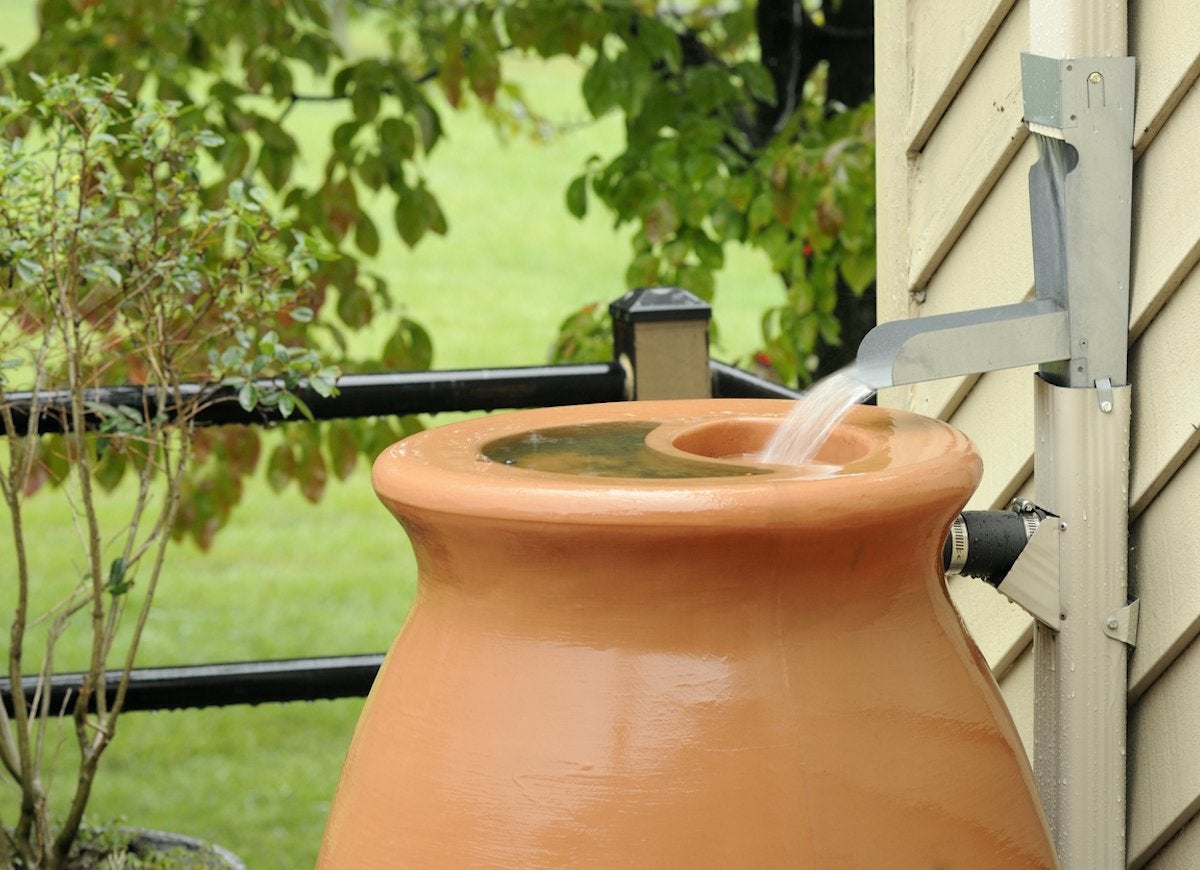
Rain barrels are smart and efficient—they capture water that would normally go to waste and save it for you to deliver to your garden later, when you need it. They’re easy to install and maintain, and they don’t use any energy. In fact, you’d be amazed at how easy it is to make your own.
Go low-flow
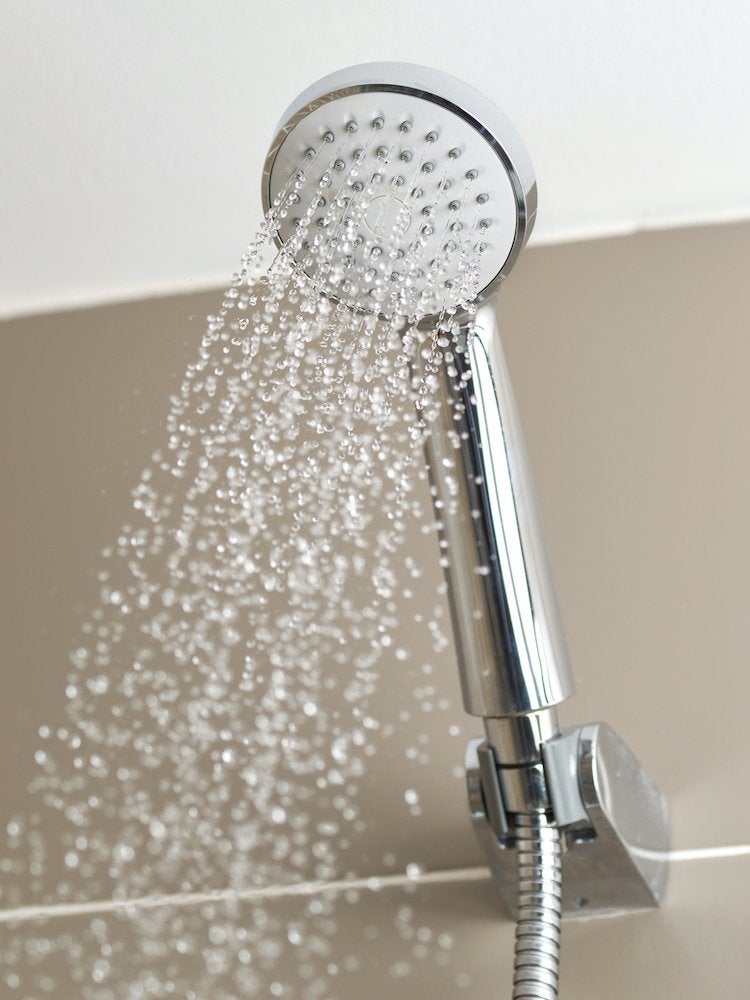
Low-flow shower heads and pressure-compensating shower control valves and faucets are all fairly affordable options today (like this one on Amazon for only $8). When shopping, look for the EPA’s WaterSense seal, which certifies that products meet strict conservation standards. And don’t overlook the benefit of installing a low-flush toilet.
End vampire madness
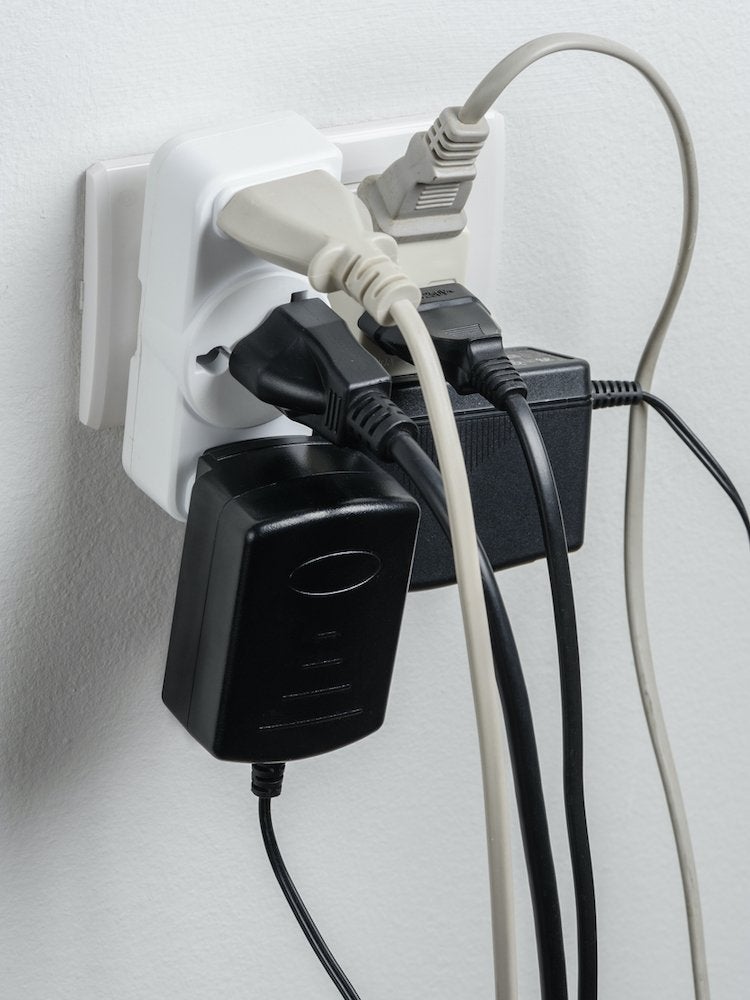
According to the government’s Energy Star program, vampire power, the energy some electronics use when they are switched off but still plugged in, accounts for more than $11 billion per year in avoidable costs. Unplug devices when they are charged or not in use; alternatively, plug your appliances and gadgets into smart outlets, like the WEMO Mini Smart Plug (available on Amazon or Target).
Stop the drip
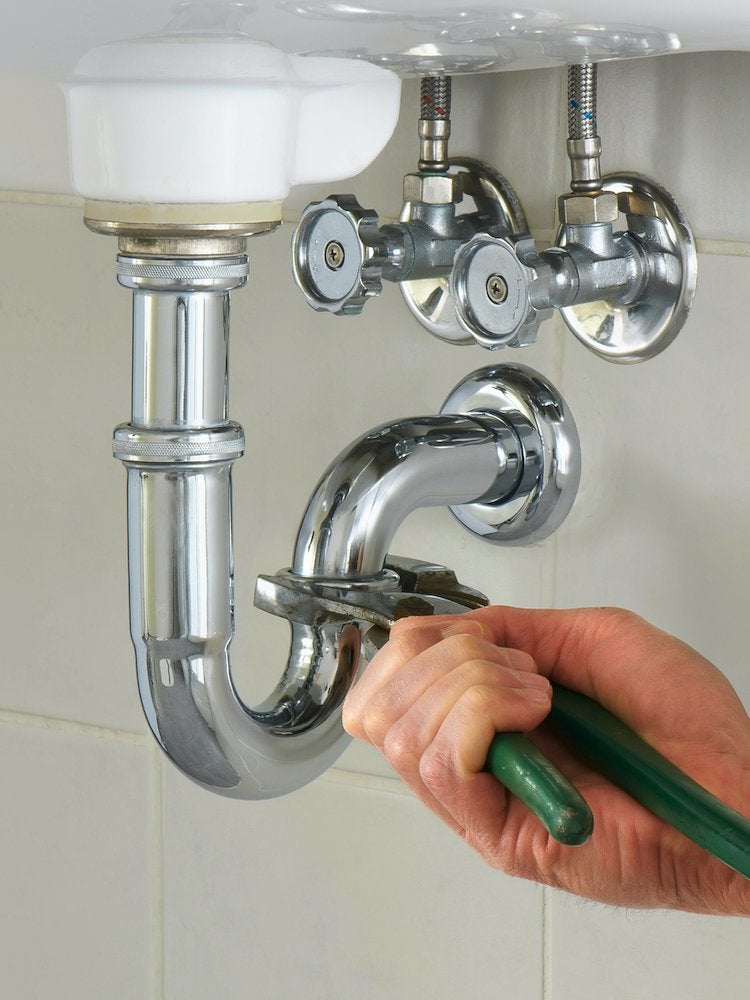
Leaks in American homes reportedly account for 1 trillion gallons of wasted water per year. If you have a leaky faucet or running toilet, fix it on Earth Day! And remember always to turn off the bathroom faucet when brushing your teeth or shaving.
Support a cause
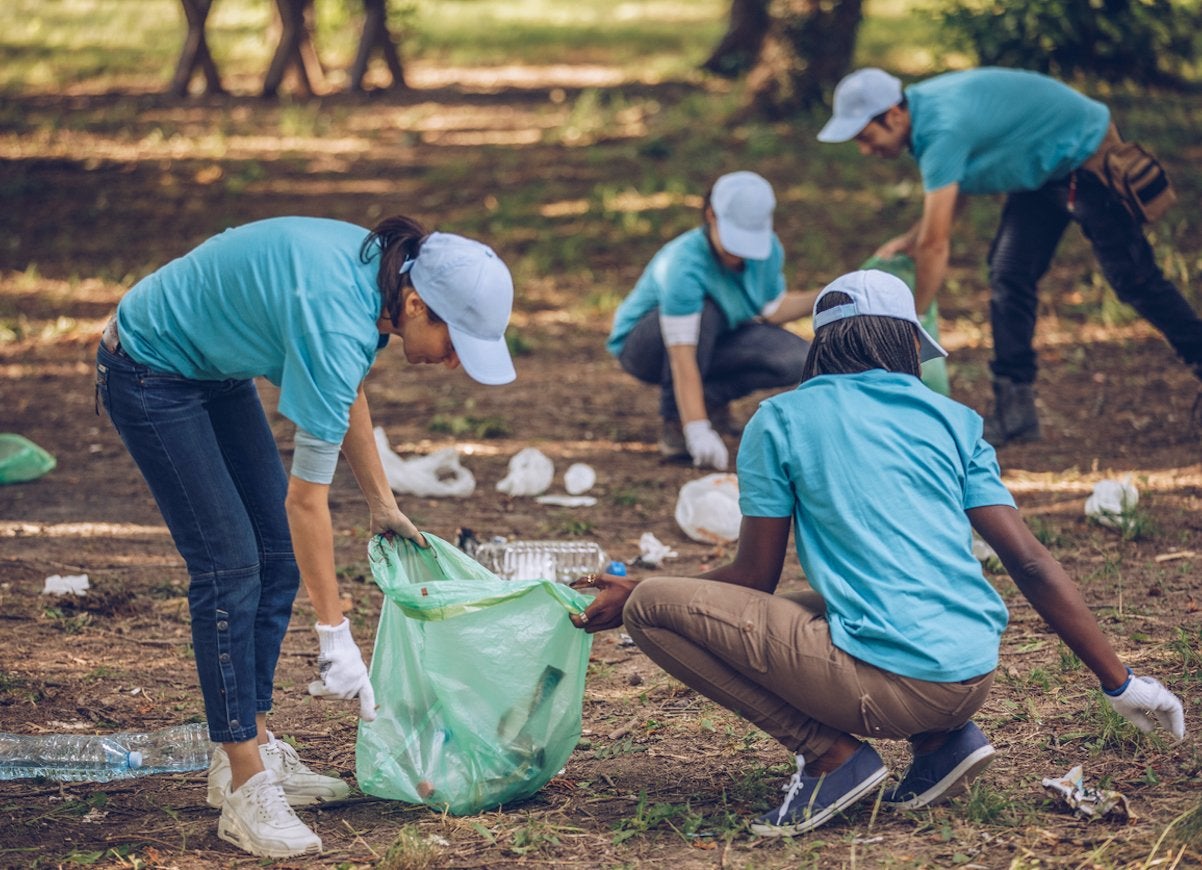
It’s important to remember that going green extends beyond the home. Whether you volunteer time or donate money, continued support for environmental groups is critically important. For more information on how you can help, visit EarthDay.org.
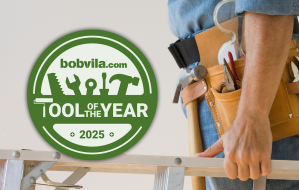
Meet the 2025 Tools of the Year
After months of scouring the market and putting products through their paces, we’ve named the best of the best in new tools. There’s something for everyone, from veteran pros to average Joes.